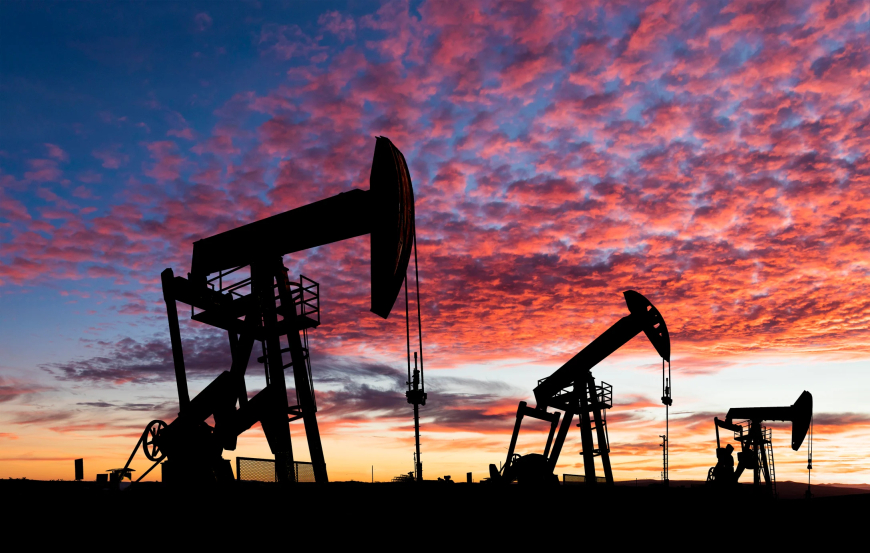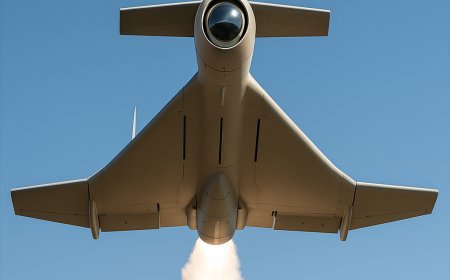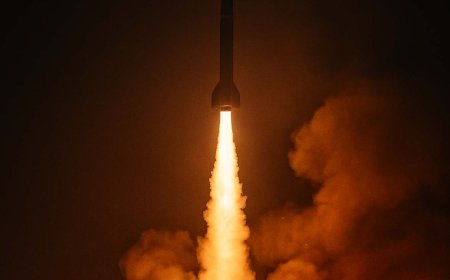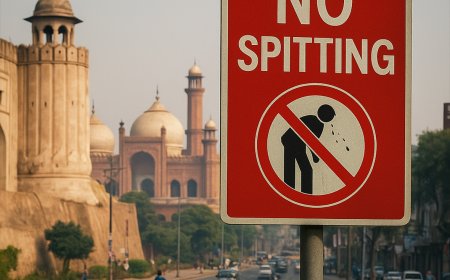Rising Oil and Gas Prices Strain Pakistan’s Economy
The recent increase in oil and gas prices has sparked public concern and economic difficulties across Pakistan.

The recent increase in oil and gas prices has sparked public concern and economic difficulties across Pakistan. The global rise in oil prices directly impacts Pakistan, which is already facing complex economic challenges, inflation, and unemployment. The increasing oil prices may exacerbate these difficulties further.
Pakistan relies heavily on imports to meet its energy needs, particularly for oil and gas. It is the 33rd largest oil consumer globally. Pakistan's daily oil dependency is around 556,000 barrels, while its daily production stands at about 88,262 barrels. As a result, Pakistan imports nearly 140,097 barrels of crude oil per day. This dependency on oil imports means that global oil price hikes not only increase the domestic prices of petroleum products but also lead to a significant rise in the import bill. This has a direct negative impact on the country’s economy, further complicating the lives of ordinary citizens. According to Economic Times, Pakistan imports 20% of its gas, 85% of its oil, 50% of its LPG, and 20% of its coal.
The Oil and Gas Regulatory Authority (OGRA) is responsible for determining the oil prices in Pakistan. The government sends a summary to OGRA regarding fuel prices, which depend on several factors such as import prices, refining costs, the value of the dollar, and taxes. A major factor contributing to the increase in oil prices is the petroleum levy, which is a tax paid by refineries, companies, and petrol station owners to the government.
An economic expert discussed the issue, pointing out that the decline in Pakistan's mineral industry and the diminishing energy reserves have complicated the country’s energy requirements. As a result, Pakistan has been forced to increase its reliance on the importation of oil and gas, placing further economic pressure on the country. The rising oil prices are clearly visible on the ground, as the increase in petrol and diesel prices also leads to higher public transport fares. This, in turn, deeply affects the purchasing power and travel expenses of ordinary citizens. Additionally, the rising inflation rate has further worsened the situation for the poor, who are already grappling with economic hardship.
Recently, there has been an increase in Pakistan's oil reserves. Currently, the country has 243 million barrels of oil reserves, and its gas reserves stand at 18.47 trillion cubic feet. The government has credited this increase to the discovery of reserves in Sindh. Experts say the newly discovered oil reserves could meet the country's needs for the next 10 years, while the gas reserves may suffice for 17 years.
According to a report by Dawn News, a significant discovery of oil and gas reserves has been made in Pakistan’s maritime boundaries. The discovery is so vast that it is said to have the potential to change the country’s economic trajectory. Dawn News reported that a three-year survey confirmed the presence of these reserves. According to Mohammad Arif, a former member of OGRA, if these reserves are gas, they could replace LNG imports, and if they are oil reserves, they could offer an alternative to oil imports. However, extracting these reserves will require an investment of up to $5 billion, and the project could take 4 to 5 years.
Experts further explained that international assistance would be necessary for these reserves, but recent attacks on Chinese engineers could pose a significant obstacle to such projects.
What's Your Reaction?










































































































